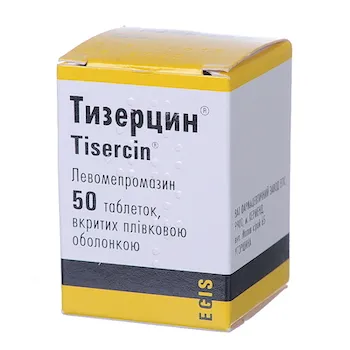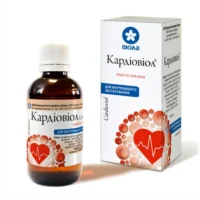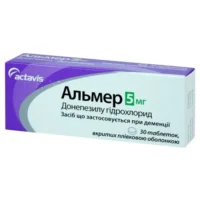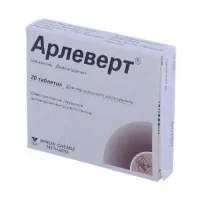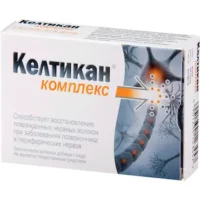Description
Tizercin (Levomepromazine) Coated Tablets 25 mg
Ingredients:
Each coated tablet contains 25 mg of levomepromazine.
Dosage:
The usual dosage is 25-50 mg taken 2-3 times daily. Dosage may vary based on the condition being treated.
Indications:
Tizercin tablets are indicated for the treatment of various psychiatric disorders, including schizophrenia and anxiety. Levomepromazine helps to balance certain brain chemicals.
Contraindications:
Do not use Tizercin tablets if you are allergic to levomepromazine or any other ingredients in the product.
Directions:
Take Tizercin tablets orally with or without food as directed by your doctor. Do not crush or chew the tablets.
Scientific Evidence:
Levomepromazine acts by blocking dopamine receptors in the brain, reducing psychotic symptoms. Clinical trials have shown the efficacy of Tizercin tablets in managing psychiatric disorders.
Additional Information:
- Storage: Store Tizercin tablets at room temperature away from moisture and heat.
- Side Effects: Common side effects may include drowsiness, dizziness, and dry mouth. Contact your doctor if you experience severe side effects.
- Pregnancy and Lactation: Consult your healthcare provider before using Tizercin tablets if you are pregnant or breastfeeding.

